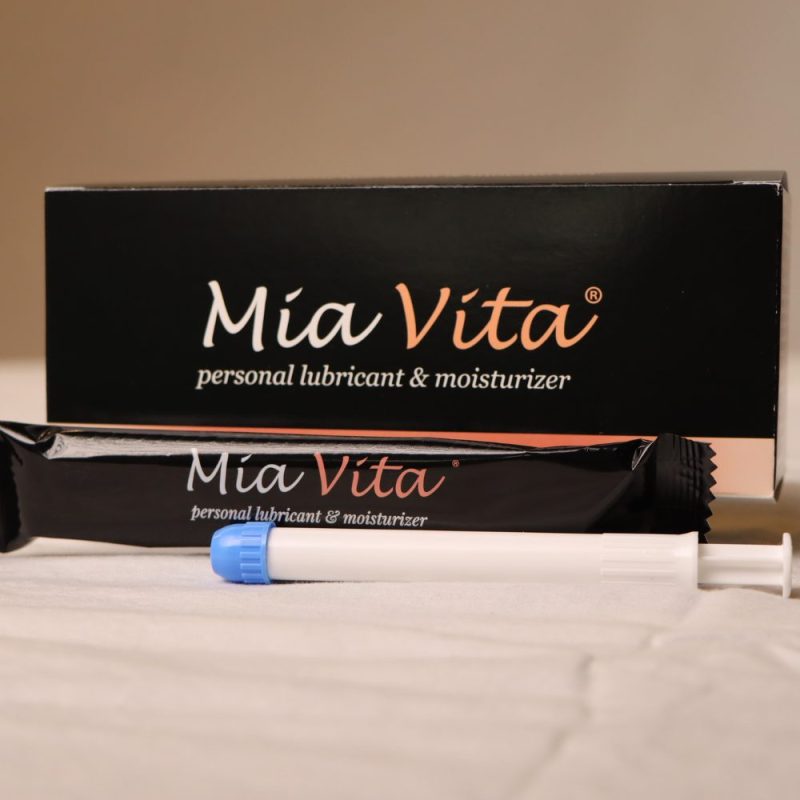Our sex drive will fluctuate throughout our lives and having a different sex drive than your partner is a lot more common than you think. Mismatched libidos mean one person in the relationship has a higher desire for sex than the other person. Here is your ultimate guide to handle the sex drive discrepancy.
Types of sexual desire
To understand what may impact our sex drive, we need to understand more about sexual desire. Sexual desire is the feeling of wanting to engage in sexual activity. According to Dr. Emily Nagoski, there are three types of sexual desire:
Spontaneous desire
Spontaneous sexual desire is when you feel turned on without any stimuli. It comes out of the blue.
Responsive desire
Responsive sexual desire shows up when there is a stimulus present. You might not think you are ‘in the mood’, however, there may be instances in which starting sexual activity, like kissing your partner or seeing a steamy scene on the television will put you ‘in the mood’.
Contextual desire
Contextual sexual desire is when the environment impacts the ability to feel sexual desire. This could be for better or for worse. For example, your kids are in the other room fighting while you and your partner try to have an intimate moment… Fighting kids will most likely kill the mood.
Most people fall into responsive desire and contextual desire. It’s important to understand your sexual desire type to better understand what influences your sex drive.
What causes a low sex drive?
There are a few factors that may lower your sex drive. Firstly, fluctuating hormones can lessen your desire for sex. Another factor is medication, specifically medications to treat depression and anxiety. Stress, menopause, and life events can also contribute to a lower libido.
One, less common cause for a low sex drive is hypoactive sexual desire disorder (HSDD). Hypoactive sexual desire disorder affects 10% of women and is characterized by a persistent or recurrent lack of sexual activity and desire. The International Society for the Study of Women’s Sexual Health explains that either a lack of motivation for sexual activity or a lack of desire to initiate or participate in sexual activity must be accompanied by significant personal distress and must be present for at least 6 months.
If you experience vaginal dryness, particularly before and during intercourse, this can lower your desire for sex because of the association of intimacy with pain and discomfort. A high-quality personal lubricant before intimacy will help with dryness and make sex more comfortable.
What can you do if you have mismatched libidos?
A relationship can work with mismatched libidos. However, if it goes unaddressed, it may cause distress in the relationship. Here are a few tips to handle different sex drives in a relationship.
Communicate
If you are in a relationship, the best thing you can do is to communicate with your partner about your sexual needs and desires. Maybe you only want sex once a month, but your partner wants to have sex a couple of times a month. Communication is the best way to work through this and strategize a plan together.
One thing you and your partner can do to work through mismatched libidos is to schedule a time for intimacy. It gives both you and your partner something to get excited about and look forward to. It also helps the person with a lower sex drive by taking away the pressure.
Expand the definition of sex
The biggest misconception about sex is that it strictly encompasses a penis inside of a vagina. Although, sex can be anything you want it to be. The goal is to increase intimacy with your partner.
Compromising and deciding what sex looks like at that moment will help bring both you and your partner closer. Sex is fluid; it can be kissing and caressing each other for one encounter, and penetration for the next encounter. Sex does not have to end in an orgasm. Be present. Be in the moment. And enjoy being with your partner.
Make it a point to let your partner know how you feel
Think back to how you and your partner were at the beginning of the relationship. You couldn’t keep your hands off each other. It’s natural as the relationship grows to get comfortable with your partner. This is the goal after all. But this doesn’t mean the ‘zsa zsa zsu’ as Carrie Bradshaw would say should end.

Be sure to compliment each other, give them a kiss goodbye when you leave for work, and/or kiss them when you come home. If you see an opportunity to wrap your arms around them, take it! All these little acts help boost intimacy and reignite that ‘zsa zsa zsu’ feeling.
How to increase your sex drive
Some people naturally have a lower baseline sex drive than others. Estrogen, progesterone, and testosterone all play a role in female sexual desire. Just remember, there is nothing wrong with you if you have a lower libido. However, if you are looking for ways to possibly increase your sex drive, we have some ideas for you.
Practice makes perfect
Regular masturbation has been linked to increasing sexual desire as well as strengthening the connection between our genitals and pleasure receptors in the brain. Not only that, when we become used to the feel-good hormones that are released during orgasm, it becomes easier for us to orgasm with partnered sex.
Coping with stress
Stress is something we all feel every now and then. However, persistent stress can affect our sex life among other things. Chronic stress increases cortisol production which suppresses sex hormones and decreases our desire for sex.
Ways to cope with stress:
- Meditate – mindful meditation has been shown to reduce stress, anxiety, and depression.
- Sleep – a lack of sleep can exacerbate stress. Consider taking a sleep supplement that contains l-theanine like Mia Vita Sleep to aid in reducing stress and anxiety levels.
- Seek help – we can’t do everything ourselves. A mental health provider can help you better understand situations, triggers, and behaviors and provide solutions.
FemmePharma has been helping women navigate menopause for over two decades. No matter where you are in your journey, you deserve to have knowledgeable, intimate healthcare partners to help you feel your best. Explore our other articles, podcast episodes with women’s health experts, and products to ease your transition into menopause.



